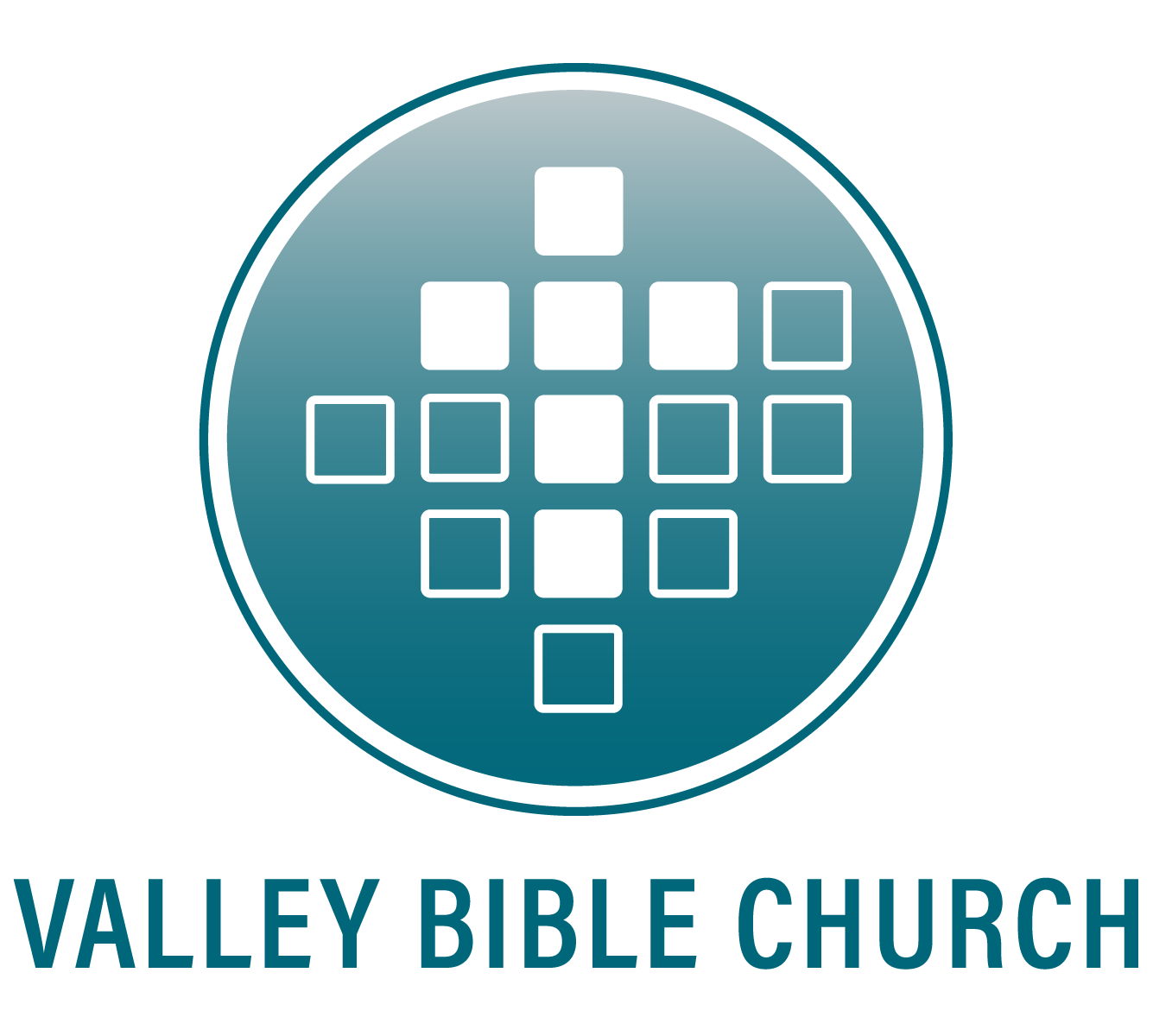Plurality & Variety
Valley Bible Church has been around now for thirty years. A lot’s changed over those three decades, but a lot hasn’t budged. For example, the New Testament teaches that the church is to have a plurality of elders. In other words, one person was never intended to have ultimate authority over an assembly of believers. The concept God provides and we read repeatedly in the New Testament is that of shared leadership. We’re as committed to this foundational teaching of the church now as we were when VBC began.
“One person was never intended to have ultimate authority over an assembly of believers.”
In his book, Biblical Eldership, author Alexander Strauch writes, "By definition, the elder structure of government is a collective form of leadership in which each elder shares equally the position, authority, and responsibility of the office" (Strauch, Biblical Eldership, 39). The plurality of elders provides the benefits of balancing weaknesses, providing accountability, and sharing responsibilities.
Where can we find the biblical basis for this? In James 5:14, we’re taught that elders (plural) should be available to pray for the sick in each church. In Acts14:23, we read,"And when they had appointed elders for them in every church, having prayed with fasting, they commended them to the Lord in whom they had believed.” Paul’s regular practice was to appoint elders to lead the churches he planted:
Paul also summoned the elders (plural) at Ephesus for his farewell address (Acts 20:17-18). He instructed Titus to "appoint elders in every city" (Titus 1:5), and Peter spoke of the responsibility of shepherding the flock belonging to elders (1 Peter 5:1-2). The biblical references to elders are always in the plural, not singular, confirming that the churches were to be governed by multiple elders.
Although no one elder has greater authority than any of the others, certain elders will emerge as natural leaders in certain areas. The contribution of each elder should be helpful to the overall elder leadership team. It’s necessary and appropriate for elders to focus on varying tasks. Some elders teach in our worship services, while others provide oversight of ministries, while others or all may help develop future leaders.
So how does this affect the teaching on Sunday mornings? Good question. Not all teachers on Sundays are elders (even though all elders are teachers, according to the qualifications listed in 1 Timothy). There are great benefits to having multiple voices teach our church family from week to week.
One benefit helps us to avoid a personality cult scenario. Hearing from different teachers at different times prevents one teacher or pastor from becoming the dominant voice or leader.
Also, if one teacher departs from our church family for some reason, we’re not left without another teacher to provide biblical instruction. Having multiple teachers provides coverage and security if one teacher is ill, out of town, or no longer available.
A variety of teachers can also be healthy, not only for the spiritual development and growth of those listening, but also for the experience and refinement of those who are being trained to teach the Word. Since every teacher has a unique style, the church can benefit from different perspectives, insights, and approaches, while staying unified in the meaning of the text.
Finally, although it may not seem like it, teachers benefit from occasional breaks. It’s hard to imagine how difficult it can be to prepare messages every week, year after year, while maintaining the same quality. It’s good for our church and good for our teacher to get occasional breaks from the responsibility of preparing and presenting messages week after a week.
So plurality is biblical and variety is beneficial. It may be an unusual arrangement for those of you who are new to VBC, but God’s design for shared leadership in His church is advantageous for elders, teachers, and everyone in our church family.
